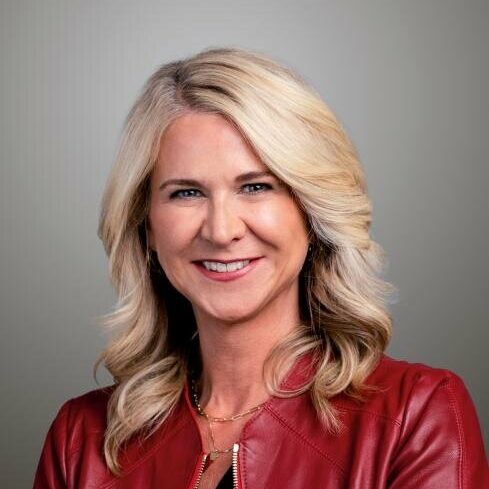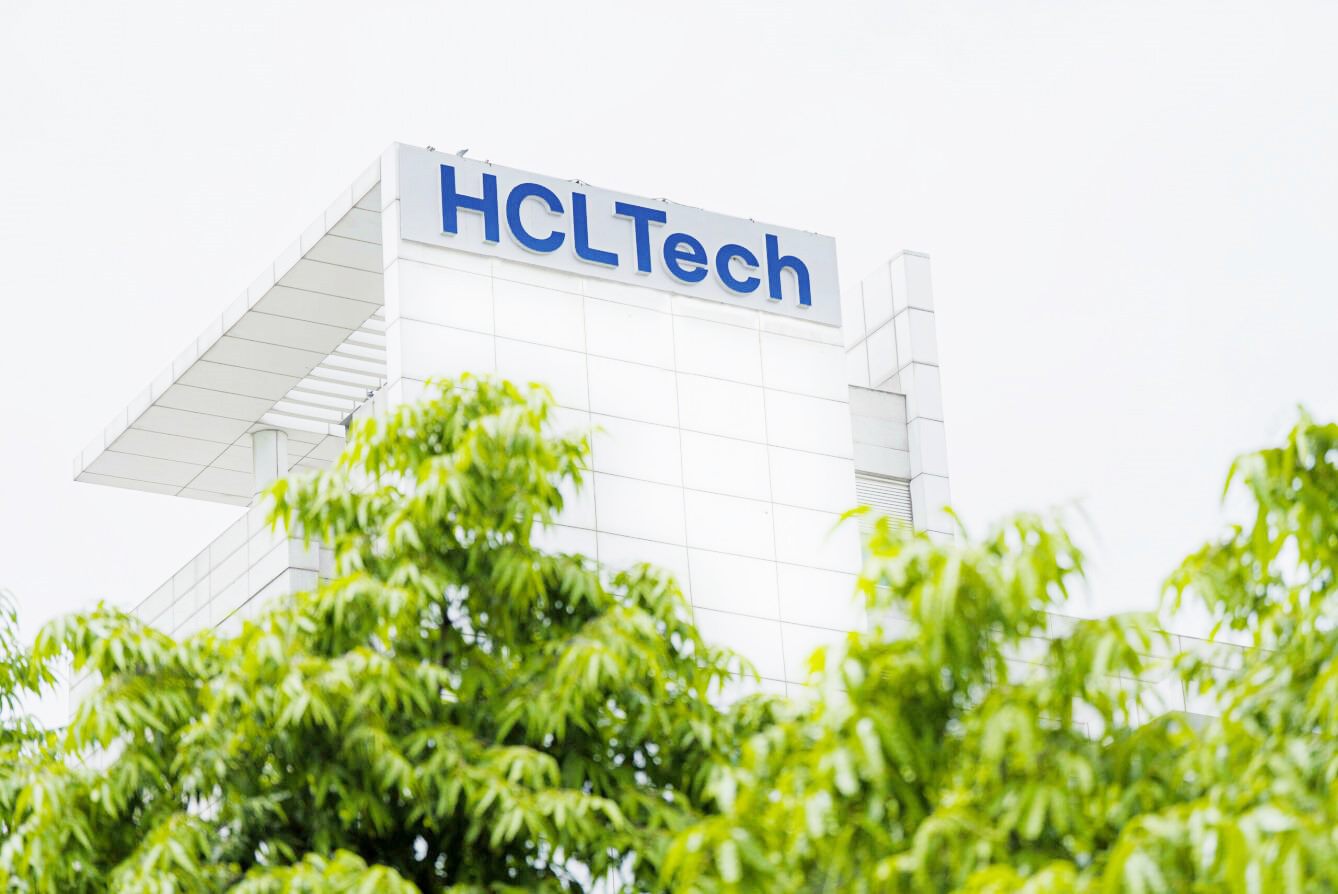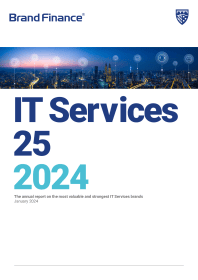This article was originally published in the Brand Finance IT Services 2024 report
HCLTech has emerged as the fastest growing brand amongst the Top 10 global IT services brands in 2024, with an impressive brand value growth of 80% to USD7.6 billion. In a new spotlight, Jill Kouri, CMO of HCLTech, shares the drivers behind their impressive growth, from rejuvenating their brand identity, to leveraging partnerships, AI innovation, and sustainability initiatives.
Interview with Jill Kouri

Congratulations on HCLTech's impressive performance in the latest Global Top 25 IT Services report. HCLTech has emerged as the fastest-growing brand among the Top 10 global IT services companies. What do you think have been the key drivers of this success?
Thanks. It is great to be recognized as the fastest-growing brand among the Top 10 Tech services globally. This is additionally exciting after announcing earnings with one of our best quarters ever last week. The previous year and a half has been an incredible journey for our brand – we launched a new and distinct identity, a new purpose and positioning, a new employee value proposition, and a modern and attractive visual identity. The response to this transformation has been overwhelmingly positive across our ecosystem of clients, employees, and partners, affirming the attractiveness, relevance, and authenticity of our rejuvenated brand.
There are two key drivers of this success:
- The advocacy and passion with which our people took this message to our stakeholders and acted as brand evangelists.
- The well-thought investments we made in building awareness and credibility in our key markets through carefully chosen strategies, a renewed focus on thought leadership and brand journalism, and marquee sports partnerships, including our continued partnership with MetLife stadium and a renewed partnership with Cricket Australia, hyper-personalized experiences events and targeted GTM strategies with our hyperscaler and ecosystem partners.
How do you see Gen AI impacting Marketing, and will it impact HCLTech's overall business?
It's a great question! GenAI and the maturation of LLM are critical in helping us drive scale and create efficiencies across our marketing organization, particularly in the areas of content development and distribution, as well as graphic design. Our Digital Marketing team has been driving a host of pilots in a coordinated and organized manner, with regular report-outs on what has true scaleable potential vs. sizzle but inability to yield tangible results. Merging AI with human creativity should allow us much faster time to market with higher quality – but the key is in the human intervention to maximize value. It’s critical to continue to put a premium on human creativity and personalization.
HCLTech's approach to Gen AI remains grounded around what's practically possible while focusing on secure and responsible (within regulations) deployment.
We have 150+ GenAI POCs are already in play as clients work with HCLTech to explore GenAI use cases. There is a ‘tip of spear’ moment right now to pilot, test and learn. A real place where we have leveraged the power of AI/GenAI: we’re dramatically reducing test cycles and taking products to market faster. For example, our team is using AI to reduce the chip testing and validation cycle from nine months to less than three months for one client. We were able to help build the chip, test, validate and put it into production, and a single chip replaced 50 of the client’s previous chips.
Our GenAI Labs in London is proving to be a core part of methodology to bring the art of the possible to life, and we’ll be expanding our Labs into three other locations around the world.

Our 2024 Sustainability perceptions index report has established a direct co-relation between brand resilience and its sustainability performance? What’s your view on this and what is HCLTech doing differently on its sustainability agenda?
The strength of a brand has always been based on trust – our clients trust us with their most complex technology challenges and transformations. Now, with a rapidly changing climate for example, our clients need to be able to trust us to address our own operational emissions, as well as helping them to reduce their emissions. We do this through very transparent reporting. We are signatories to the Climate Pledge and have set very ambitious targets to reduce our carbon emissions and become net zero by 2040 – that’s 10 years ahead of the target set under the Paris Agreement. We have also set an ambitious target to source 80% of our energy consumption from renewable sources by 2030. This matters to our clients because as an IT services provider, our emissions affect those of our clients. But our clients also need us to address their direct emissions, so we are working on solutions to help them measure, monitor and reduce emissions through their businesses. We also improve the efficiency of their technology and reduce redundancy during cloud migrations for example. This contributes towards reducing the emissions associated with their IT (ICT = 4% of global emissions, which now equates to the aviation industry). We’ve also committed to improve gender diversity in the workforce with 40% women and to increase gender representation in our senior leadership levels to 30% by 2030.
It is also essential to get clear strategic guidance from the leadership to truly transform a company's operations. It must come from the top, and progress will be most significant when the whole organization can align under one cohesive/holistic approach.
Today, the metrics we report on our sustainability performance are almost as important as our financial performance, and our CEO leads it from the front in ensuring we plan, monitor, implement, and report these metrics transparently and responsibly.

